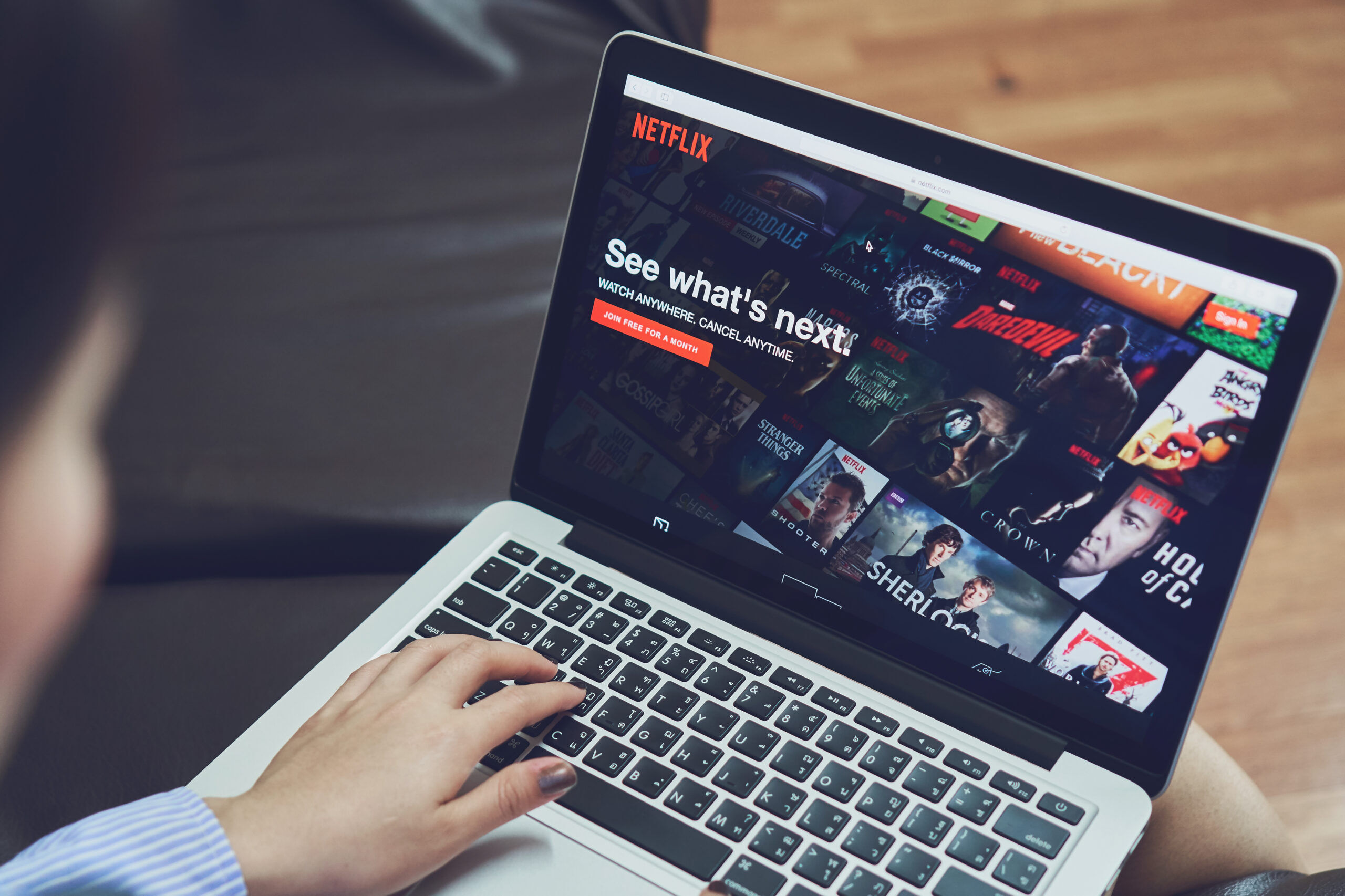Seven nations in the Middle East have banded together to crack down on foreign streaming services, obliquely targeting LGBTQ+ content. The nations have issued a formal warning to Netflix, threatening “legal measures” over media that violates “Islamic and societal values and principles.”
The warning was issued on September 6 from the Gulf Cooperation Council (GCC), which represents Bahrain, Kuwait, Oman, Qatar, Saudi Arabia, and the United Arab Emirates. A day later, Egypt’s media regulator joined the group with its own statement.
Although the warnings do not specify what “offensive content” means, they do refer to content aimed at children. This coincides with a number of recent censorship efforts against LGBTQ+ content in children’s media.
Even the mildest references to LGBTQ+ characters have been strictly regulated throughout the region, though most of the controversy has centered around Disney-owned properties. Last year, Eternals narrowly avoided a ban in the UAE after Disney agreed to edit out the gay kiss (the movie was fully banned in other countries). This spring, Doctor Strange and the Multiverse of Madness was likewise banned in Saudi Arabia and the UAE. And the recent Pixar film Lightyear was banned in over a dozen countries for its brief lesbian kiss.
But the warnings now single out Netflix specifically. And according to Al Jazeera, a follow-up report from a Saudi state television program aired footage from the Netflix kid’s show Jurassic World Camp Cretaceous, blurring out the lesbian kiss.
Netflix became a particular source of controversy in January with the release of the Arabic-language remake of the film Perfect Strangers. The film includes a number of (relatively) racy moments, including a mother discovering condoms in her teenage daughter’s purse and one character coming out as gay. At the time, Mostafa Bakry, a member of the Egyptian Parliament said, “Netflix is promoting homosexuality. I want the government to take the necessary measures to ban the kind of work that contradicts our customs and traditions.”
Egypt, along with the GCC, has taken the first step towards making good on this threat. But while Netflix is the immediate target, the larger fight concerns streaming platforms in general, which consists of foreign media outside of state control. Whether Netflix or other platforms will submit to these efforts remains to be seen.
Don't forget to share:
Help make sure LGBTQ+ stories are being told...
We can't rely on mainstream media to tell our stories. That's why we don't lock our articles behind a paywall. Will you support our mission with a contribution today?
Cancel anytime · Proudly LGBTQ+ owned and operated
Read More in The Internet
The Latest on INTO
Subscribe to get a twice-weekly dose of queer news, updates, and insights from the INTO team.
in Your Inbox













